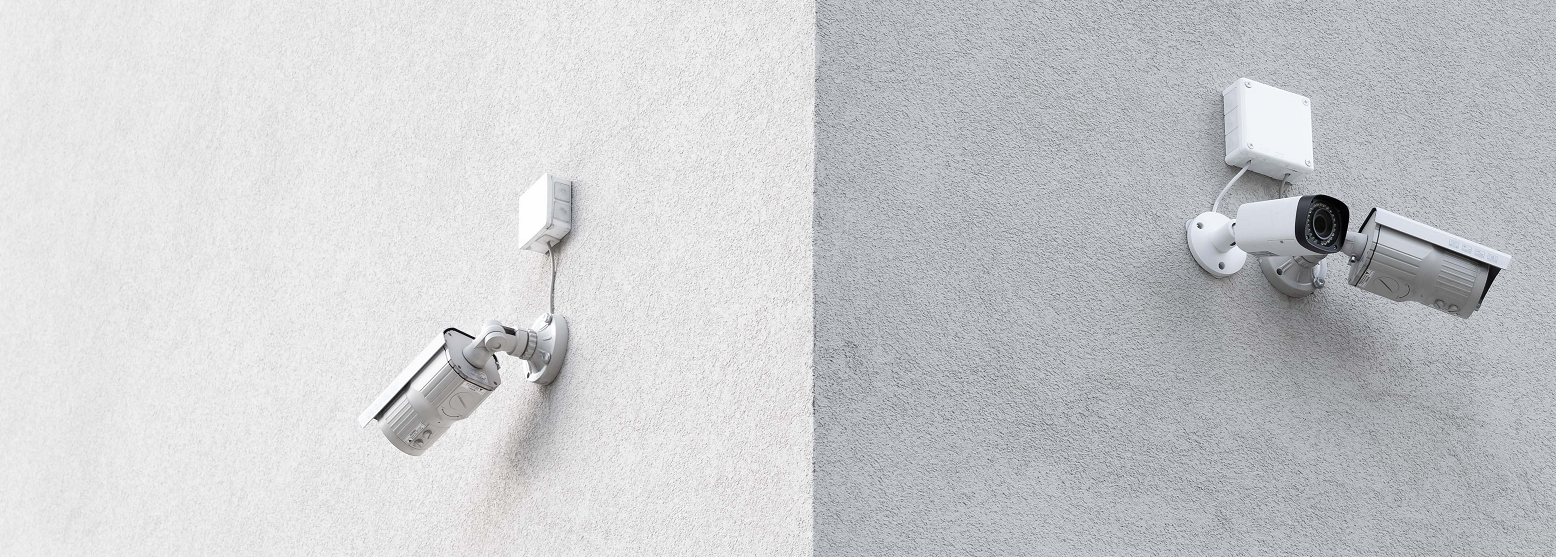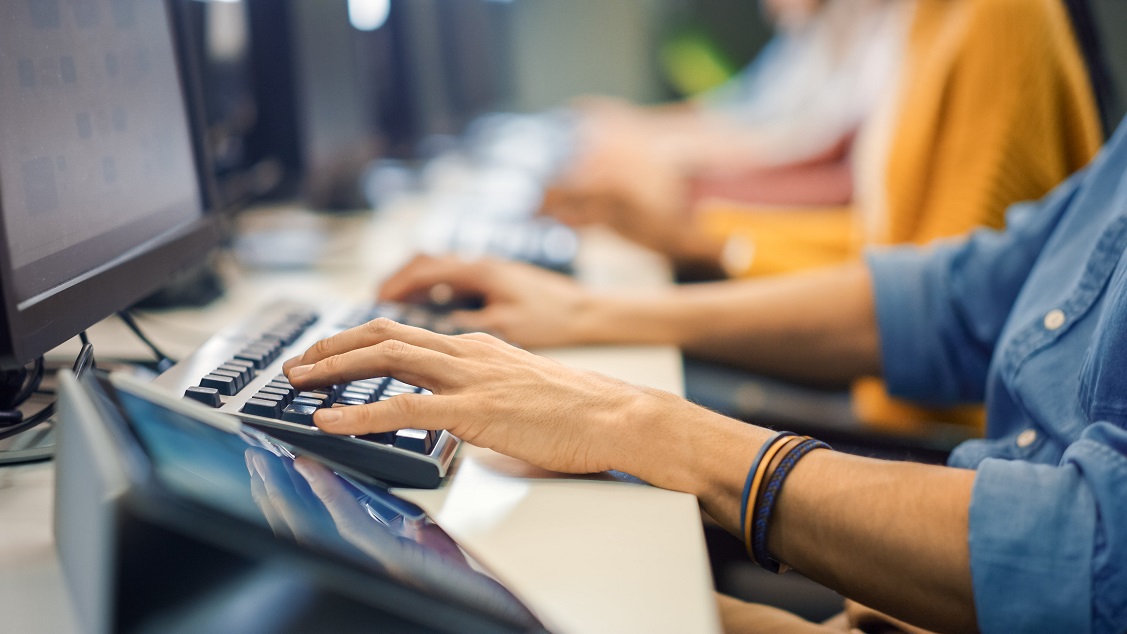In the last decade, cybercrime has gone from a minor nuisance to a very serious threat. In fact, it’s become such a problem in the last several years that a specialist task force has been set up by the government to tackle it.
Cybercrime is a wide umbrella term for all the crimes that occur over the internet. The majority of cybercrime involves fraudulently accessing bank accounts. The main forms of cybercrime are:
- Hacking: “Breaking in” to a system in order to access a company’s database.
- Malware: Malicious software covertly downloaded onto your device – usually to provide the scammer with logins for bank accounts etc.
- Phishing: Fake emails and websites which can trick people into handing over personal data.
- Ransomware: Holding data hostage unless a ransom is paid to remove the malware and give you access back to your systems. As well as protecting yourself from cybercrime, it’s also important to protect your business. With the integrated nature of security and technology, CCTV is a prime target for hackers and other cybercriminals.
CCTV is covered by the data protection act which protects the right to privacy and any personally identifiable information must be handled accordingly. If your CCTV system is hacked, this information could get into the wrong hands. In a world where cybercrime is a very real threat, protecting your CCTV is a necessity. Here we’ll give you some helpful hints to protect your CCTV system.
Buy from a Reliable Source
The most important piece of information we can give you is to buy your CCTV from a well-respected and trustworthy source. Sure, the big names are more expensive, but this is because their systems are robust and offer the most protection. Cheaper products do not tend to have ongoing support and updates, so look to factor in these when looking at security systems.
Reliable systems will have higher quality components, which are less likely to break down or go wrong. They’ll also be less likely to be open to software breaches. Not only that, but reliable companies will fully install the system for you and provide you with full training. This brings us to our next point.
Get All the Training
To get the most out of any CCTV equipment, you need to get all the training you can. Make sure that the company you’re purchasing from will provide full training and ongoing support. You also need to ensure that an SSA (software support agreement) is maintained. Ask about updates, how often are they released, will the installer keep the products updated and how quickly will updates be applied?
It’s important that you have access to customer and tech support for as long as you use the system. Here at Clarion, we have tech support on offer for customers to help with any potential issues.
Think About Choice of Hardware
Along the same lines, a reputable supplier should provide a CCTV system with hardware produced by reliable manufacturers. There have been incidents in the past where parts of a CCTV system being used in the UK could pose a security risk as they leave the system open for a cyberattack.
Buying from reputable firms, who use high-quality products, is one of your best chances to protect your CCTV from cyberattacks. Don’t be afraid to spend more money upfront on the best CCTV and security system you can find. The cost is nothing compared to what could happen if you leave it open to hackers and other cybercriminals.
Separate your Networked IP CCTV and IT Network
If your IT network and CCTV system are on the same network, a breach in your IT system could make its way into your CCTV system. To combat this, use separate physical infrastructure or managed network features such as VLANs and firewalls to isolate the IT and security systems. Minimise the external connections to these systems to reduce the attack surface and avoid interconnected networks of devices.
This will also help if your business is spread across a large area, with multiple CCTV cameras. If this is the case, the bandwidth needed is significantly bigger. By streaming the two on the same system, you can also wind up slowing down your network across the entire company.
Practice Strong Password Policies
Anyone who uses the system should have individual logins, unique to each of them. Strong password policies should be implemented to protect your system from hackers. You should also invest in a system that forces the user to change their password regularly, as this also decreases the chance of the login being guessed.
You should also strongly discourage your employees from sharing passwords or giving each other access to their logins. Consider also using 2-factor authentication, which provides an additional layer of security – further preventing the chance of a cyberattack.
Don’t Use Public Networks to Access the System
Although this sounds like a fairly obvious one, with more and more people working from home these days, the chances of someone having to access the system remotely are higher than ever. You should ensure that anyone who needs to access the system remotely (including you) is on a secured, private network.
It’s easy to forget when we’re using public Wi-Fi that it’s not secured. So, resist the urge to log into the system while you’re working at a local coffee shop or are staying in a hotel.
Avoid the Cloud
The cloud simply refers to servers that are accessed over the internet in data centres across the world. By using the cloud companies don’t have to physically manage or run software applications on their own machines. While this has many uses, including being able to access data from wherever it does also leave your data more vulnerable to exploitation.
Having data in the cloud does make it open to cyberattacks, as well as actually using more bandwidth, potentially slowing down your network. Although it might seem like a good idea to be able to access data anytime, anyplace, anywhere, it means that it’s more likely that other people can access it – without authority.
Update Regularly
To keep any software safe and secure, you should update it regularly. This is even more true of security systems, where the latest software updates are crucial to keeping your system free from hackers. Software updates usually involve patches that protect against new malware which your old system might not have recognised.
It’s also important to update your hardware regularly, too. Old, outdated hardware is more likely to malfunction – again leaving it susceptible to cyberattacks. Old hardware also may not work with new software updates, so you need to ensure both are regularly updated to help support each other.
Secure the System Physically
Make sure that access to the CCTV system is secure, and that only people with authorisation can access it. Prevent cameras and their cables from being reached easily, and therefore tampered with more easily.
Lock up any key equipment and make sure only a few trusted members of your staff have the key. This should be left locked at all times to prevent anyone from tampering with the hardware of your CCTV system.





